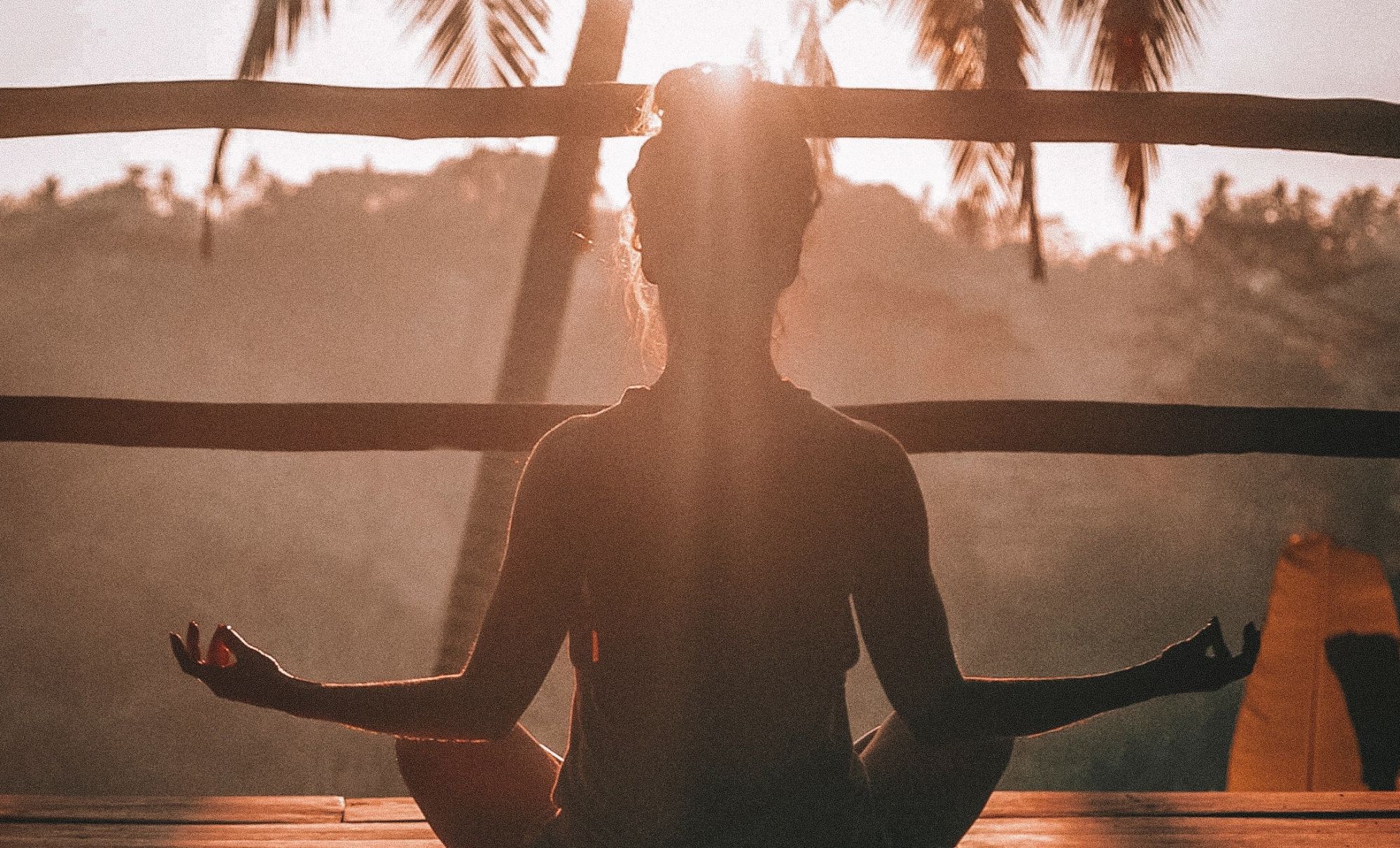Feeling down lately? It's nothing to be ashamed of. Here are 5 tried and tested mental health apps to help you weather the storm
We've all been hit by the blues this year. After months of fear and uncertainty, it's only normal to feel down sometimes. Improve your mental health with these tried and tested apps that are sure to make you feel more yourself in no time!
Read also: Mental Health Check: How To Move Past "Languishing" And Thrive Once Again
1. Woebot
If you're one of the people who feel suspicious towards artificial intelligence, consider trying Woebot—it might make you change your mind. Having this "mental health chatbot" can help you face stressful or difficult moments throughout the day. It checks in on you to ask how you're feeling today and what you're doing. From there, it gathers information to show you any emotional patterns you may have over time.
The app itself is also trained in Cognitive Behavioural Therapy, which helps users identify "distortions" in their thinking. Though it does not in itself provide therapy, it can help you "figure things out for yourself", and can be the first step for people who feel down. The best part? Because it's an app, it can be there for you 24/7 in case anything happens!
Check them out here.
